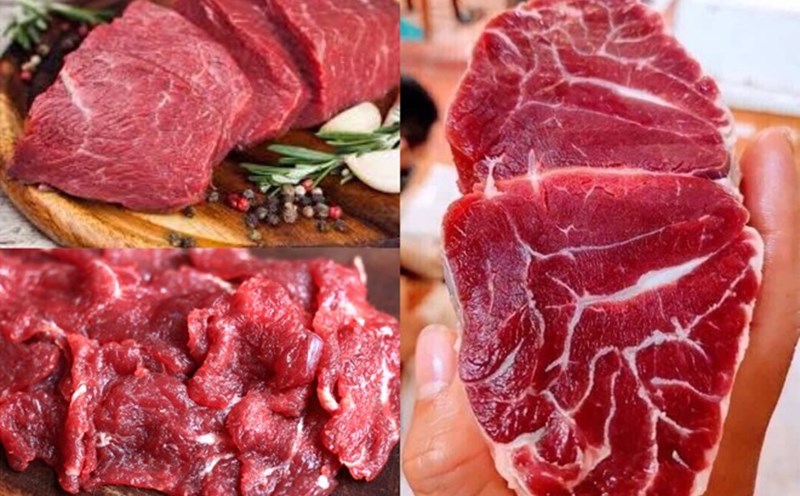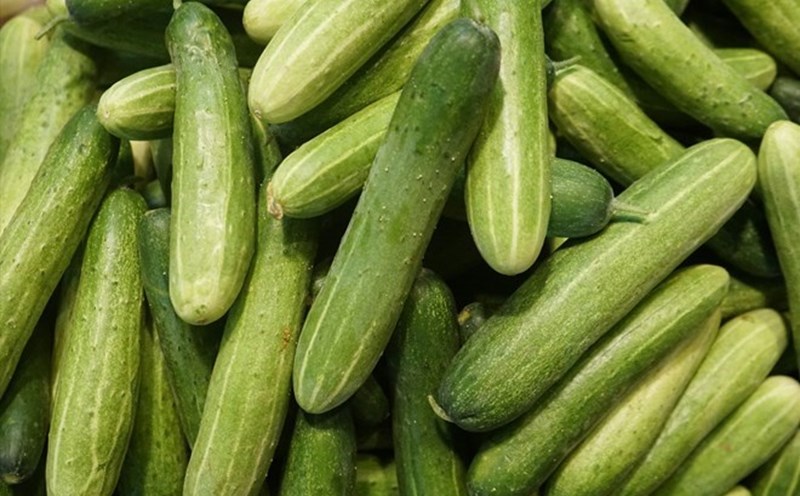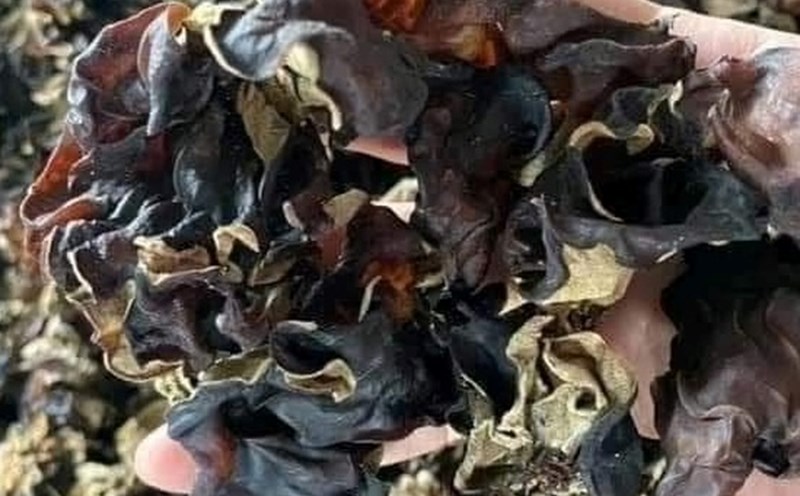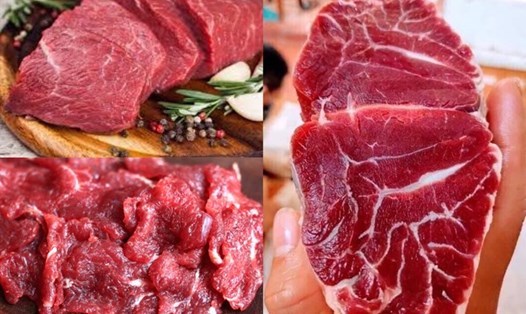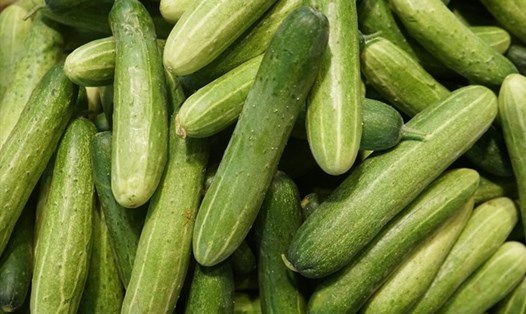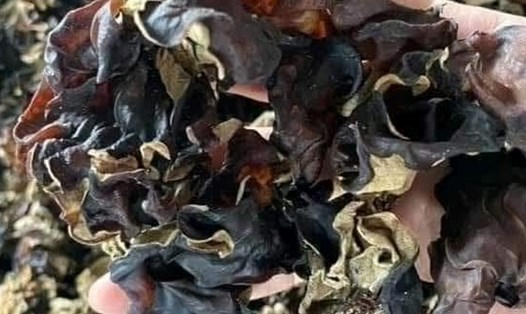Garlic
Garlic is known as a "superfood" with the ability to support blood lipid reduction. According to research published in the Journal of Nutrition, the compound allicin in garlic helps reduce bad cholesterol (LDL) and increase good cholesterol (HDL).
Using fresh garlic or garlic powder in your daily diet may reduce your risk of heart disease.
Turmeric
Curcumin, the main compound in turmeric, has powerful anti-inflammatory and antioxidant properties. Research from Phytotherapy Research shows that curcumin helps reduce triglycerides and LDL in the blood, while also preventing the buildup of fat in the arteries.
Using turmeric as a spice in your dishes or making turmeric tea is a simple way to take advantage of this benefit.
Ginger
Ginger is a popular spice that is effective in lowering blood lipids. A study in Nutrition Journal found that ginger can reduce total and LDL cholesterol, while improving blood circulation.
Ginger also helps control body weight, an important factor in maintaining stable blood fat levels.
Cinnamon
Cinnamon is not only a delicious spice, but it also has the ability to help reduce blood fat. According to Diabetes Care, cinnamon helps reduce triglycerides, LDL, and total cholesterol in people at risk of heart disease or diabetes.
Adding cinnamon to tea, coffee, or desserts is an easy way to use it.
Black pepper
Piperine, a compound found in black pepper, has been shown to improve lipid metabolism and reduce blood fats.
Research from the European Journal of Pharmacology shows that black pepper not only helps control cholesterol levels but also enhances the absorption of other nutrients, especially curcumin from turmeric.

